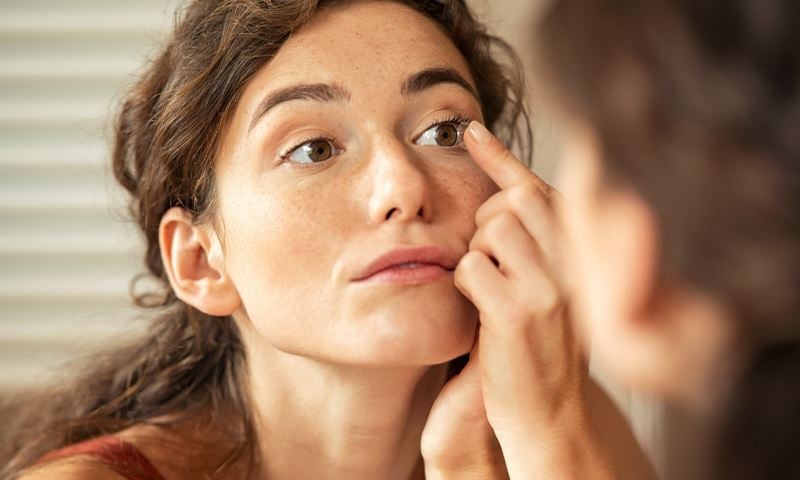Published 03 Feb 2022
Are your eyes sore, dry, gritty or even watery, particularly during summer?
These symptoms may be the cause of dry eye, a common and often chronic eye condition, which can be exacerbated in the summertime.
Dry eye occurs when the layer of tears that covers our eyes breaks up reducing the quality of our tear film. This dispersion of the tear film exposes nerve endings in the cornea, the clear layer of tissue at the front of our eyes. When the corneal nerve endings are exposed, you can feel a gritty, stinging or burning sensation as the cornea sends a message to the brain signaling that the eyes are dry. The brain then stimulates the tear glands to produce more tears. This is why sometimes when our eyes are dry, they become watery. This process is part of a feedback loop.
Common causes of dry eye over the summer months may include:
- Hot, dry environments
- Hot wind
- Air conditioning
- Chlorine in pools
- Increased screentime
How can we can improve our dry eye symptoms during this period? Increase use of lubricating eye drops.
- You can use lubricating eye drops up to four times per day or as you feel you may need them. We recommend that you seek advice from your optometrist before selecting a lubricating eye drop, as some drops contain unwanted preservatives or are for other conditions such as allergies and should not be used for dry eyes.
- Use of sunglasses.
- Sunglasses that wrap around or sit close to your face can decrease wind and pollens that may irritate your eyes, therefore can help reduce your symptoms of dryness.
- Reduce screen-time use.
- Studies show that when we are concentrating on our screens, our rate of blinking reduces by up to 70%. If we are not blinking as frequently, we are not replenishing the layer of tears that covers our eyes and they can dry out. By reducing our screen time, we can help improve the symptoms of dry eye.
Needing some expert support to help manage your dry eyes? Book in to see an optometrist at GMHBA Eye Care today.
Alannah Greig – GMHBA Optometrist



